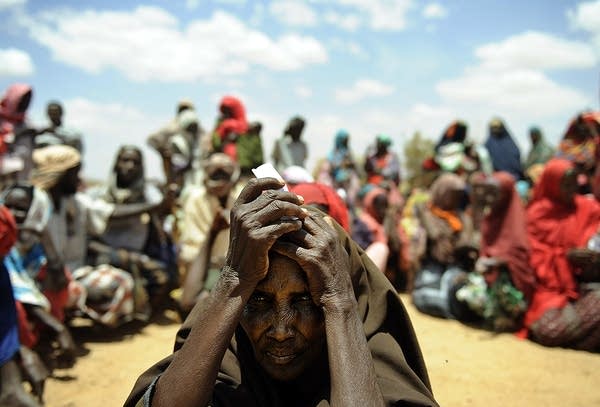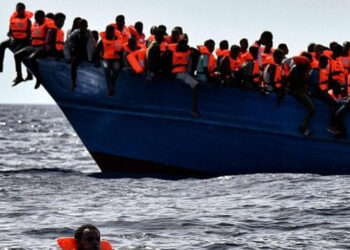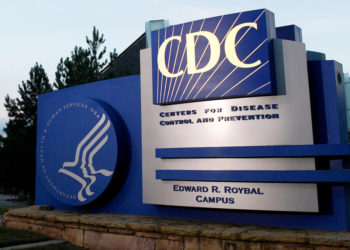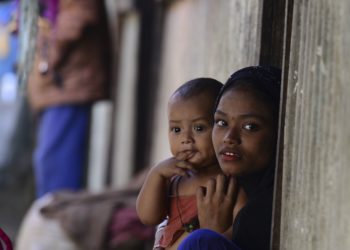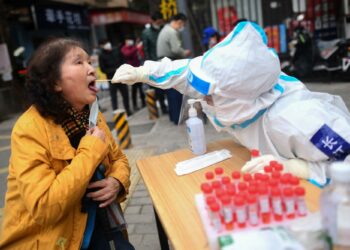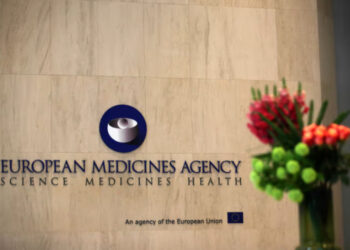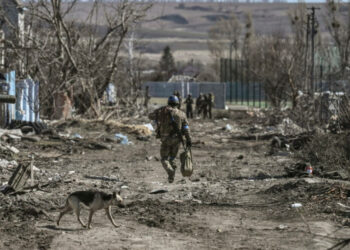The development of new Covid-19 restrictions to globally reduce the movement of people is inadvertently preventing life-saving aid from reaching displaced and refugee communities. Due to not having the resources to aid thousands of people, the Norwegian Refugee Council (NRC) is calling on the government to allow the delivery of humanitarian aid during these challenging times.
Some humanitarian organizations have already suspended their relief programs due to government restrictions causing uncertainty and hardships for families. Across the Middle East, restrictions have impacted the NRC’s ability to reach over 300,000 people who need assistance.
“While governments are taking tough and much- needed measures to prevent the spread of the coronavirus, millions of refugees and displaced people still depend on humanitarian assistance,” said Jan Egeland, Secretary-General of the Norwegian Refugee Council (NRC).
Aid workers should fall into the same category as medical staff, food retailers or pharmacists. If supermarkets and pharmacies can remain operational during this crisis, then so should the delivery of humanitarian aid.”
"Covid-19 is now reaching places where people live in warzones, cannot easily access clean water and soap, and have no hope of a hospital bed if they fall critically ill." – @UNReliefChief
We call on governments to support the humanitarian response plan: https://t.co/OTrnFepTZn
— Norwegian Refugee Council (@NRC_Norway) March 25, 2020
Humanitarian programs play a significant role in slowing down the spread of diseases. For example, the delivery of aid like clean water, hygiene packets, and soap can prevent the spread of the coronavirus in vulnerable communities.
The NRC is scaling up water and sanitation services in different countries, where it is still possible, and is providing the communities with guidance on good hygiene practice. They are also reviewing how existing programs can help refugees and displaced cope better during the crisis.
"Syrians are very likely to be some of the most vulnerable to the spread of the virus globally," says @NRC_Norway's @RachelSider. https://t.co/CUzKc83gua
— Ole Solvang (@OleSolvang) March 25, 2020
“ Aid workers are taking all possible precautions and we are imposing stringent measures to ensure we do not introduce Covid- 19 to the vulnerable communities we serve,” Egeland added.
The NRC has also issued guidelines to its staff to reduce the risk of spreading the infection when assisting vulnerable communities. The NRC is scaling up assistance as a response to Covid-19 in the following countries:
- In Afghanistan, NRC has ramped up awareness raising activities on the spread of the virus and on good hygiene practices. NRC is present at critical border crossings with Iran and Pakistan providing information in settlements.
- In Burkina Faso, NRC has put in place hand-washing facilities at distribution points, encouraging families to scale-up hand- washing practices and awareness-raising with printed information on prevention.
- In Iran, NRC has facilitated the distribution of soap and information leaflets to raise awareness on preventive measures among 6,000 households in settlements throughout various provinces. We are also preparing for the distribution of 1,600 hygiene kits to families.
- In Somalia, NRC is reprogramming $1.13million to construct handwashing basins, soap distribution and awareness campaigns in targeted IDP settlements.
- In Uganda, NRC is expanding existing programs in water sanitation and hygiene in refugee settlements.
- In South Sudan, NRC is scaling up distribution of hygiene kits and soap alongside food distribution and is developing new ways to avoid crowding at food distribution sites.
- In Kenya, NRC is working to ensure the continuity of water supplies in the Kakuma refugee camp.


